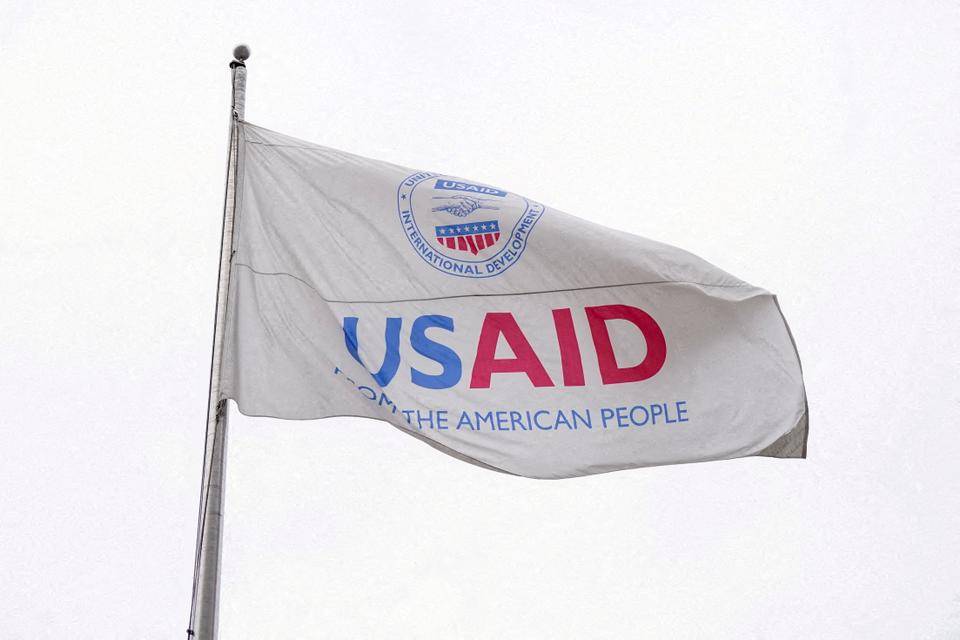Deadly Cuts: U.S. Foreign Aid Reductions May Cost Over 14 Million Lives
A groundbreaking new study, published in The Lancet, warns of a potentially catastrophic surge in preventable deaths if major cuts to the U.S. Agency for International Development (USAID) continue. The study projects that more than 14 million additional deaths could occur by 2030—a staggering toll that would include over 4.5 million children under five .
From 2001 to 2021, USAID-funded programs are credited with saving around 92 million lives, with significant contributions to reducing mortality from:
HIV/AIDS: Approximately 25 million fewer deaths
Malaria, diarrhea, respiratory infections & neglected tropical diseases: About 31 million fewer deaths
The study found that USAID efforts were associated with a 15% reduction in all-cause mortality, and a 32% drop in under‑five child mortality in supported countries .
The forecasted cuts, announced in March by U.S. Secretary of State Marco Rubio, include eliminating roughly 83% of USAID programs and withdrawing from major initiatives like the Gavi vaccine alliance . Modeling shows that between 1.78 million and 2.5 million additional deaths could occur each year during 2025–2030 .
For many low- and middle-income nations, the abrupt withdrawal of U.S. support is equivalent—in scale and impact—to a global pandemic or armed conflict .
Tuberculosis: Since January 2025, USAID cuts have already contributed to over 10,500 additional TB deaths, with projections reaching 2.2 million more deaths and 10.6 million more cases by 2030 .
HIV/AIDS: Disruptions to PEPFAR and similar programs risk reversing decades of progress, potentially leading to 4.4–10.8 million new infections and 770,000–2.9 million deaths by 2030 .
Malaria & child malnutrition: Early signs point to severe workplace disruptions; in places like Afghanistan, maternal and child health services have shut down. In the DRC, USAID cuts already threaten prevention and surveillance operations .
Experts emphasize that the severe impact isn't just due to reduced funding amounts, but how those cuts were implemented: suddenly, without transition planning . This has led to:
Disrupted healthcare delivery
Broken vaccine distribution chains
Suspension of clinical trials
Halting of infrastructure and sanitation programs
Such abrupt defunding, without continuity measures, has already cost lives and destabilized vulnerable health systems .
“The resulting shock would be comparable in scale to a global pandemic or a major armed conflict.â€
Rasella warns that sharp, unplanned cuts will irreversibly damage systems serving the most vulnerable.
Dr. Caterina Monti (study co-author):
Notes that European donors are following the U.S. in cutting aid—potentially doubling the death toll .
Dr. Brooke Nichols (Boston University):
Flagged that a more gradual reduction could have avoided disruptions, but the current policy has already cost over 300,000 lives, mostly among children .
Other G7 nations—UK, Germany, France, Netherlands, Belgium—are also reducing aid, deepening what Oxfam and others call a "perfect storm" for global development .
This “aid vacuum†may allow geopolitical rivals like China and Russia to step in, shifting influence toward authoritarian regimes .
Global health security is at stake: uncontrolled tropical diseases, antibiotic-resistant TB, and polio cases could spillover into richer nations .
Many global health specialists argue that reform—not dismantlement—is needed. The consensus: maintain essential funding while reprioritizing and improving efficiency. Importantly:
Even a phased reduction could retain service continuity and save countless lives .
Continued investment in vaccinations, maternal-child health, and disease surveillance saves millions and reinforces global resilience .
The study’s findings arrive during a UN development finance conference in Sevilla—ironically joined by dozens of countries, but **not the U.S.** . Meanwhile:
At home, USAID’s reconfiguration—absorbing programs into the State Department—is already underway .
Legal challenges are beginning to surface. Courts may force the restoration of allocated funding .
Public figures—like former Presidents Barack Obama and George W. Bush, along with activists like Bono—have condemned the cuts as "colossal errors", emphasizing the moral imperative of aid .
Without urgent and decisive action, the road ahead is grim. This study paints a harsh warning: dismantling USAID threatens to reverse two decades of global health progress and risk the lives of tens of millions.
The solution? Sustain core aid funding, not erode it.
Allow time for transition plans and accountability. Reassert America's leadership role in global health—as a force for both compassion and national security.
Letting aid evaporate does more than cause deaths—it erodes global stability and America's moral legacy.




No comments yet
Be the first to share your thoughts!